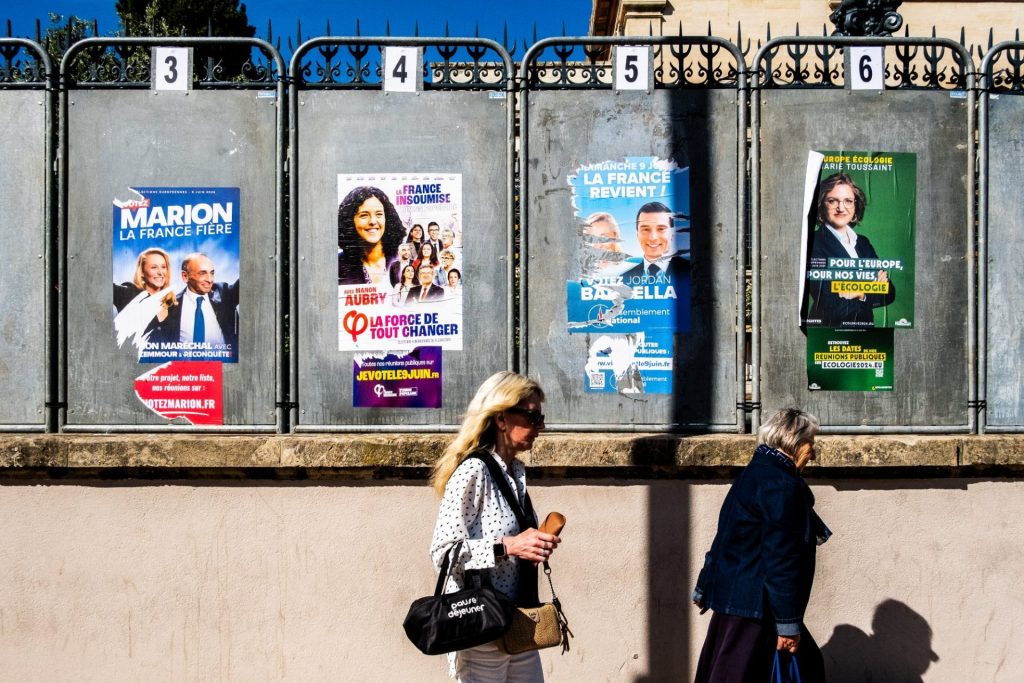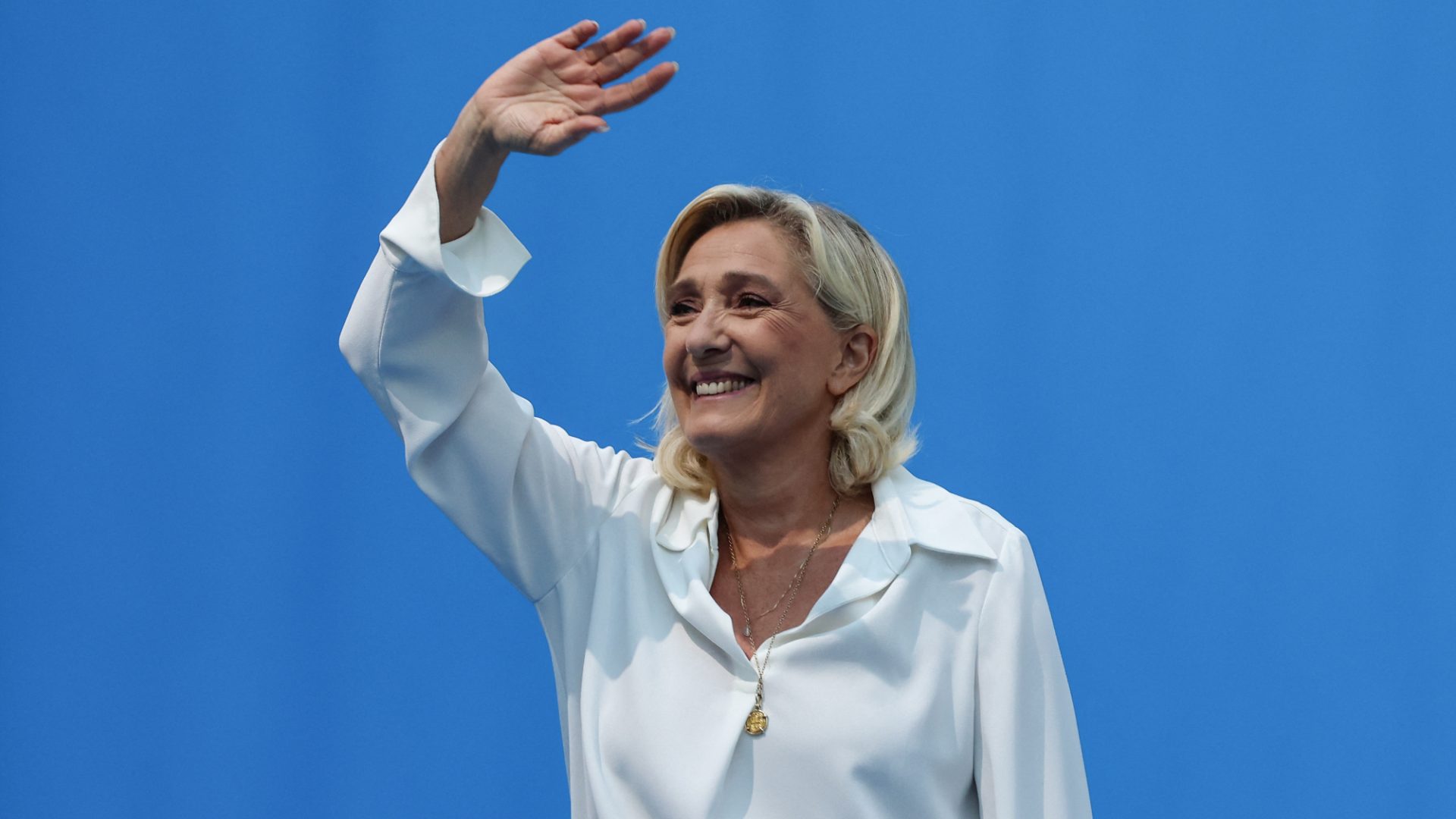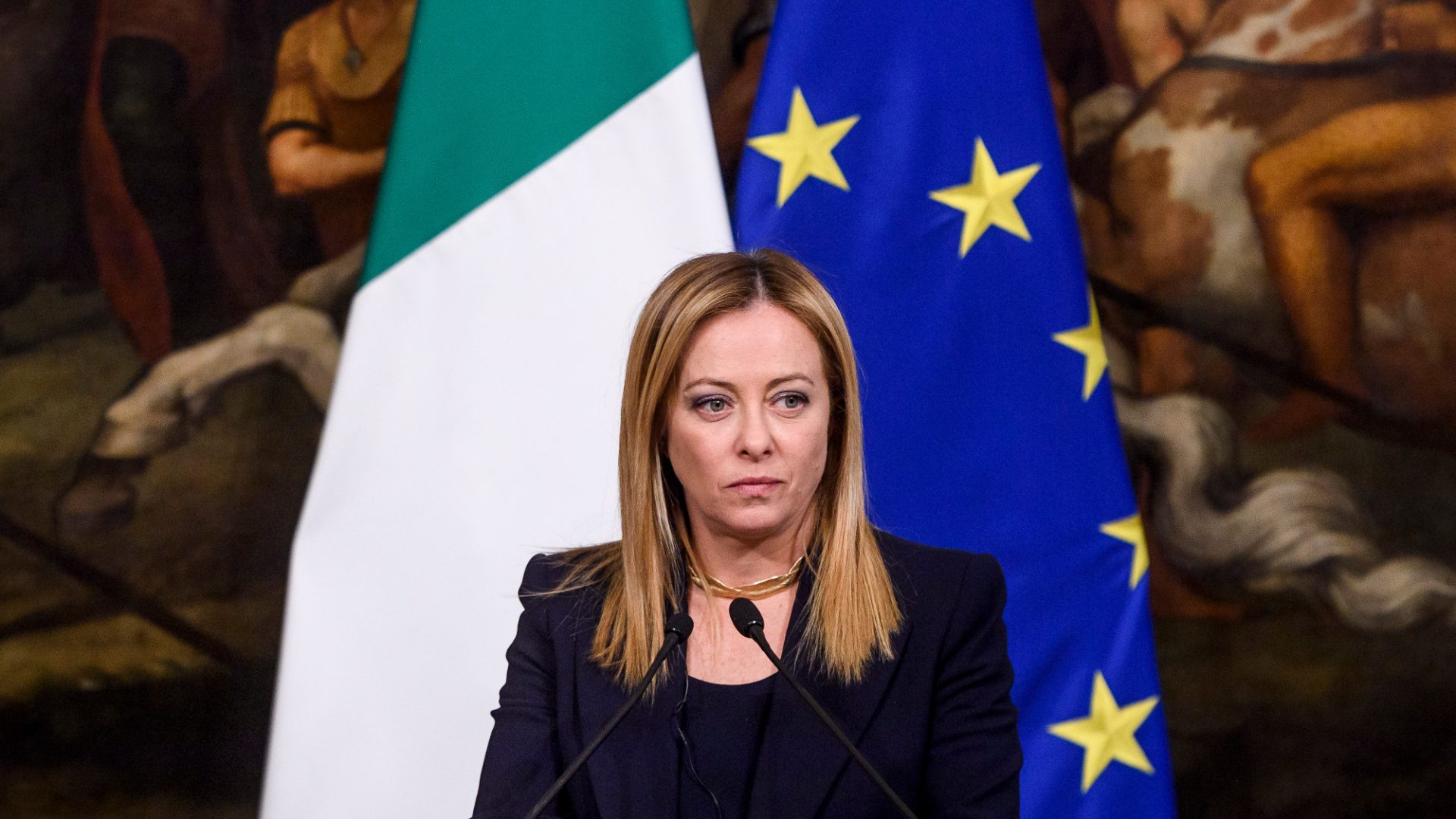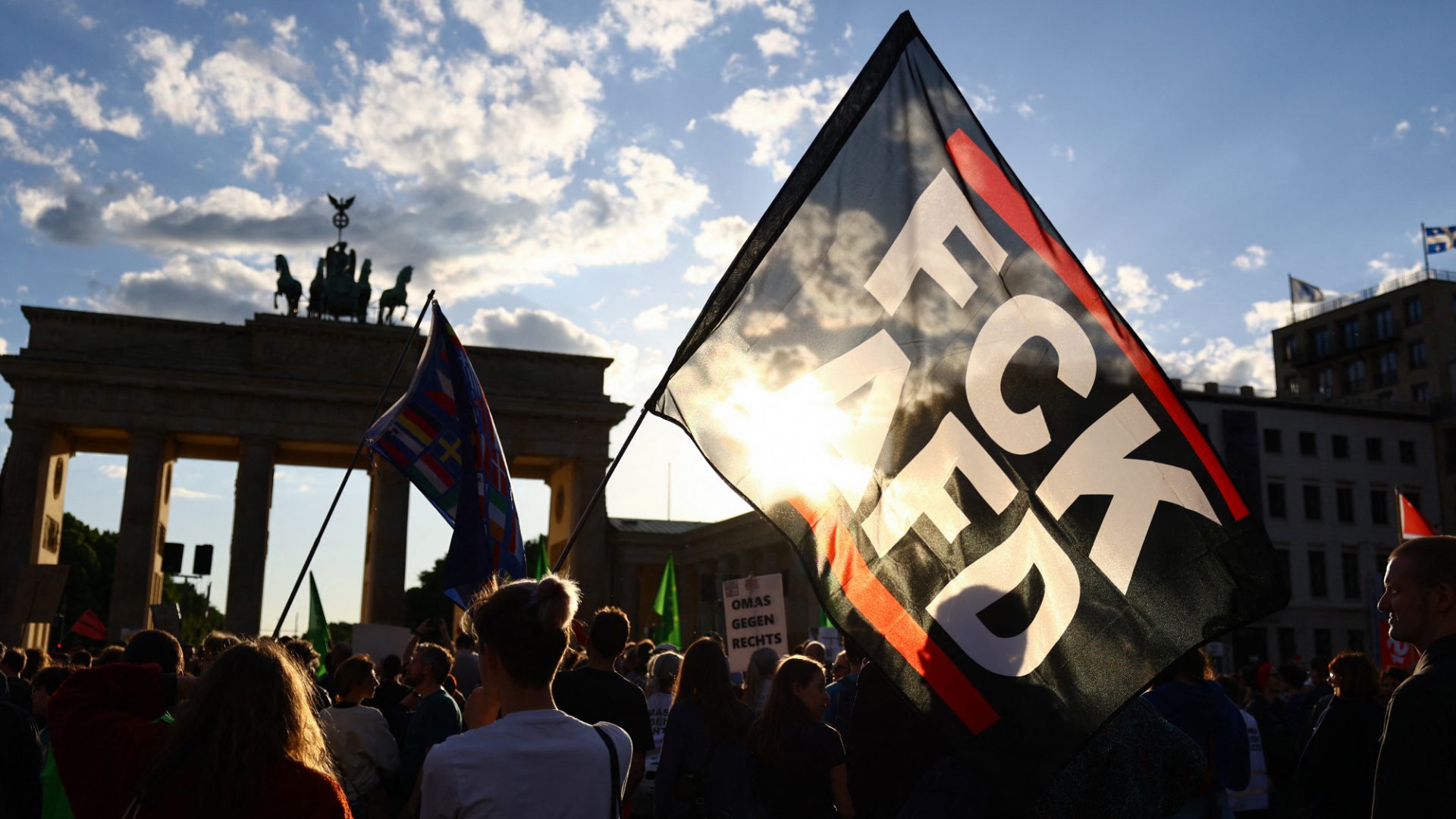At this tragic and crucial moment, when Europe is attacked from the outside by Vladimir Putin, and must be more united than ever, it is also under attack from within, by nationalist and populist parties that are growing in power. Even the most radical of these no longer want to leave the EU. They have been forced to drop that idea, given the huge support for the European project among their populations and the disastrous example of Brexit. The new mantra of the nationalists is no longer to leave the EU, but to overhaul its institutions and create a “Europe of the peoples” or a “Europe of the nations”. What they mean by this is not really clear.
Nor are their programmes always compatible with the fundamental principles of the EU – they are in fact a series of Brexits in disguise. Another thing these nationalist-populists also have in common is their complicity with Putin – with a few exceptions. Emmanuel Macron started the election campaign by sounding the alarm: “Europe can die”. So can democracy.
The French president knows that the European elections could be fatal for him, too. He is the only head of state in Europe with a presidential system, and the only one who can be directly weakened if his party is defeated – and that is about to happen.
If, as the polls predict, the presidential list wins just 16% of the vote, and the Rassemblement National, the far right party led by Jordan Bardella, more than doubles its share to 32.5%, Macron, who has already lost his majority in parliament, will have a serious legitimacy problem. He may be forced to dissolve the National Assembly or appoint a new prime minister. That would be a huge boost for Marine Le Pen and her prospects for winning the 2027 presidential election.
The tide is the same throughout Europe. Along with Italy and Hungary, and with the exception of Poland and Spain, almost all European countries have seen a rise in the far right. Everywhere you look, nationalist-populists are either in coalition or propping up minority governments.
The drivers of this hard right surge are the same everywhere: inflation, fear of immigration and Islamism, loss of identity, distrust of politics and institutions, dissatisfaction with green policies – the European Parliament will reflect these national anxieties. In nine EU countries, including France, Austria, Italy, the Netherlands and Poland, far right parties are predicted to finish first.
The two hard right political groups in the European Parliament are Identity and Democracy (ID), and European Conservatives and Reformists (ECR). The political differences between them are unclear. And nationalist parties also sit outside these two groups among the “non-registered”, like Germany’s AfD, which Marine Le Pen expelled from the ID group after a candidate declared that “not all SS were criminals”. Or like Viktor Orbán’s Hungarian Fidesz party, which is set to join the ECR.
If we were to add up all the seats held by MEPs belonging to a nationalist or populist formation, they would outnumber those of the centre right. If ID and ECR were to join forces, they could become the European Parliament’s second largest group, ahead of the Social Democrats. This would revive former Trump adviser Steve Bannon’s plans for a grand union of nationalist-populists.
The far right, riven by divisions, not least over Russia, have never managed to unite – until now, that is. In May, a meeting in Madrid foreshadowed a possible alliance of nationalist-populists in the European Parliament. Santiago Abascal, leader of Spain’s far right Vox party, convened a meeting that included Giorgia Meloni, Viktor Orbán, Mateusz Morawiecki from Poland, Argentine president Javier Milei, a Trump adviser and an Israeli minister.
Marine Le Pen also made the trip. “If we want to reorient the EU, we obviously have to work on the relations we can have with each other,” she said.
A leadership contest between Le Pen and Meloni is emerging. Each wants to become the great figurehead of the nationalist right in Europe. Meloni is clearly the more powerful. She is the figurehead of the ECR group, the largest on the far right, while Le Pen finds herself somewhat alone in her ID group, with the Dutch Geert Wilders and the Italian Matteo Salvini.
The head of the Italian government is skilfully playing a double game. European in Brussels, and Europhobic in Rome, she is pro-Ukrainian and pro-Nato, while flattering Putin’s allies like Viktor Orbán. Allied with the extreme right, she also made a pact with Ursula von der Leyen, the EPP’s candidate, who is seeking to renew her mandate as head of the commission.
That battle will be at the heart of the success, or failure, of the nationalist-populist wave in Europe.





